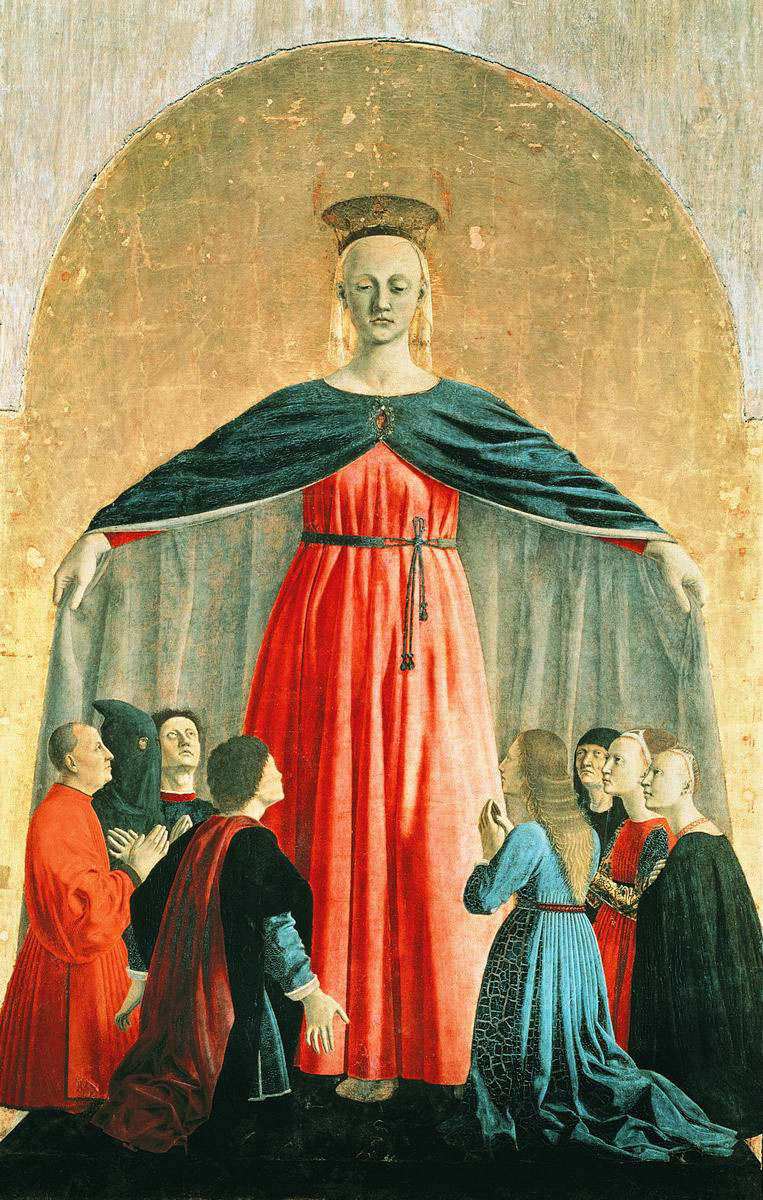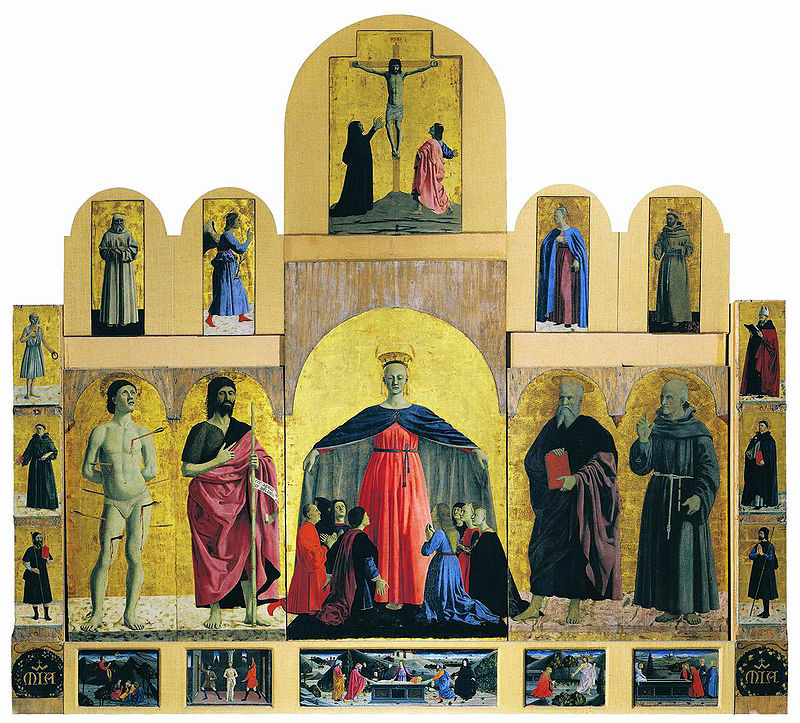Yesterday the Church celebrated the Solemnity of the Sacred Heart of Jesus; today, the Immaculate Heart of Mary. The two feasts are not situated alongside one another by coincidence, but by the careful plan of the Church. The heart of Jesus began beating beneath the heart of His Blessed Mother; her heart, in turn, took form from the creative Word and Power of the Heart of God. Two hearts beating as one.
The heart is a symbol with a rich biblical lineage. In Hebrew, both the heart and the bowels represent the very depths of a person – where the cognitive and the affective meet in unity and harmony. Hence, we find passages in the Bible which speak thus: “My heart is overwhelmed, my pity is stirred.” (Hos 11:8) Far more than an organ of the body, then, the heart suggests the source of compassion, tenderness, kindness – in short, what we call “mercy.”
An interesting piece of Biblical trivia: A quick survey of a Biblical concordance reveals that the word “mercy” is used more than 200 times in the Sacred Scriptures, while the word “heart” appears over 600 times. No surprise, then, that St. Augustine, playing with the origins of the Latin word for mercy (misericordia), tells us that God’s grace moves us “a miseria ad misericordiam” (“from misery to mercy”). “Misericordia,” you see, comes from two words which combine to mean “having a heart for the miserable.”
It’s worth noting, however, that the Bible – unlike many today, even in the Church – can speak frequently and passionately about the “heart” and the virtue of “mercy” without being in the least bit soft or unclear on what constitutes truth and justice. Indeed, as we know only too well, contemporary talk about “mercy” (when it even arises) seems to consider truth and justice as somehow obstacles to mercy. That’s simply false and a substitution of feeling for reality.

Shakespeare rhapsodized on the beauty and glory of mercy, precisely because of the truth that we are all sinners and therefore need mercy to temper strict justice, when he had Portia exclaim:
The quality of mercy is not strain’d,
It droppeth as the gentle rain from heaven
Upon the place beneath: It is twice bless’d;
It blesseth him that gives and him that takes:
‘Tis mightiest in the mightiest; It becomes
The throned monarch better than his crown;
His sceptre shows the force of temporal power,
The attribute to awe and majesty,
Wherein doth sit the dread and fear of kings;
But mercy is above this sceptred sway,
It is enthroned in the hearts of kings,
It is an attribute to God Himself,
And earthly power doth then show likest God’s
When mercy seasons justice. Therefore, Jew,
Though justice be thy plea, consider this,
That in the course of justice none of us
Should see salvation: We do pray for mercy,
And that same prayer doth teach us all to render
The deeds of mercy.
As beautiful as that soliloquy is, as one commentator has observed, “before Shakespeare wrote it, God was it!”
Indeed, God became Mercy Incarnate within the spotless womb of the Virgin Mary. And she understood it all so well that she broke forth into her canticle of praise, the Magnificat: “Et misericordia eius a progenie in progenies timentibus eum.” (“And His mercy is from age to age on those who fear Him’). Our Lady was not teaching theology from a textbook but from her own experience of life. God had touched her so profoundly by His mercy that she became what the Church’s lovely night prayer to her rightly calls her – “Mater misericordiae,” (“Mother of Mercy”).
God the Father sought the young maiden’s cooperation with His eternal plan of mercy; God the Holy Spirit overshadowed her with His merciful wings; she became the very seat of Mercy, the Mother of the One who is “dives in misericordia” (“rich in mercy”), as the title of Pope John Paul II’s encyclical reminds us.
Our world needs to hear the message of mercy perhaps as no other age before. A culture of violence, death, destruction and despair can be healed only by mercy. You and I, like Saint Faustina before us, must count ourselves among the apostles of mercy. But first we must be convinced that mercy has been granted us; otherwise, our words will ring hollow.
The result of knowing mercy (which comes from the very core or heart of the Being of God) means being grabbed at the very core or heart of our own being – and that gives birth to the emotion (both divine and human) of joy. Of course, that also presupposes that we believe that we need mercy! Our Lady leads the way as she sings out: “Exsultavit spiritus meus in Deo Salvatore meo” (“My spirit has rejoiced in God my Savior”). Where mercy gives birth to joy, melancholy, fear and death are definitively banished.
May the Mother of Mercy show us the blessed fruit of her womb, who is none other than the compassionate face of God, Mercy-in-the-Flesh.
*Image: Madonna della Misericordia by Piero della Francesca ,1460-62 [Museo Civico, Sansepolcro, Italy]. This is the center panel of the Polyptych of the Misericordia:
















